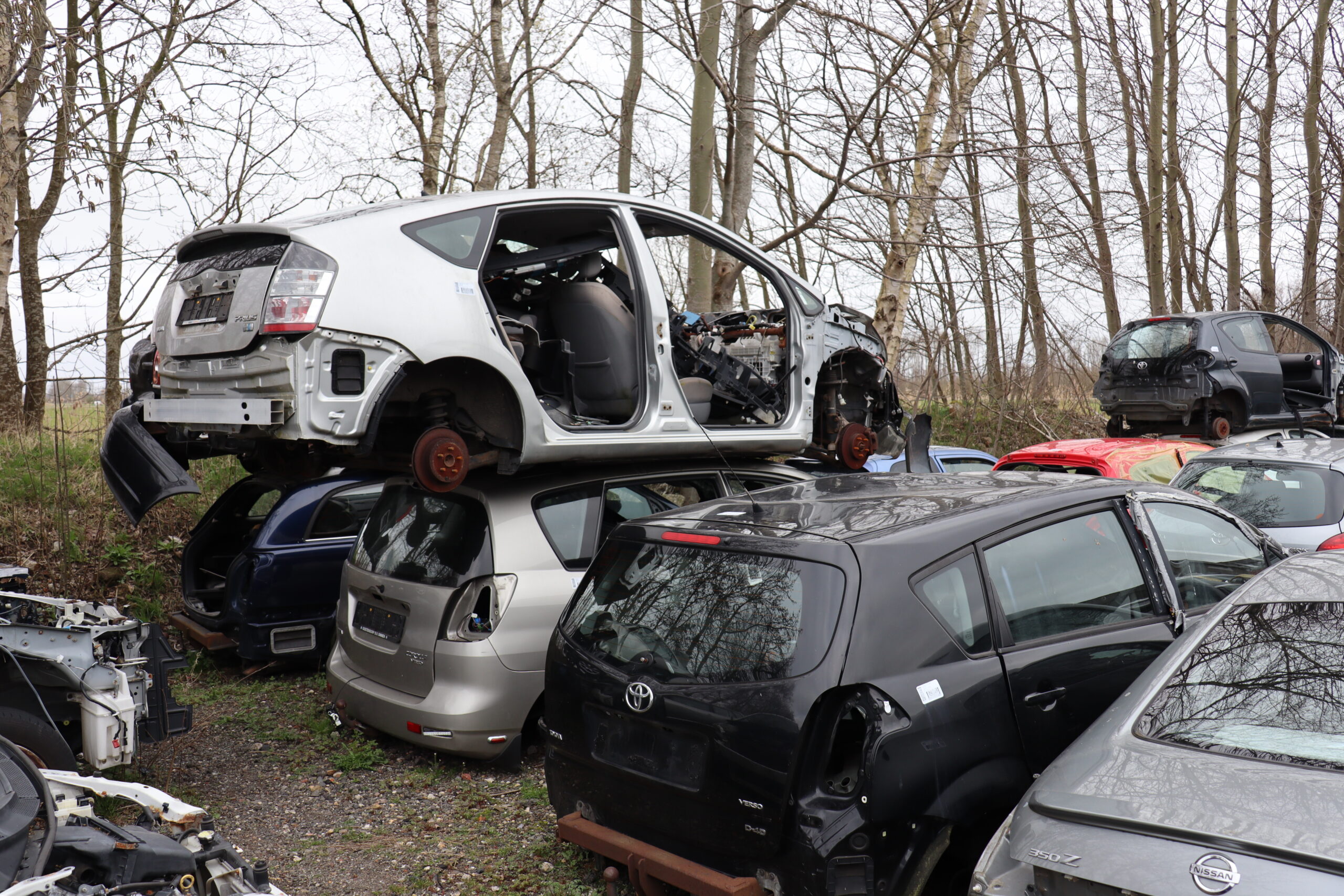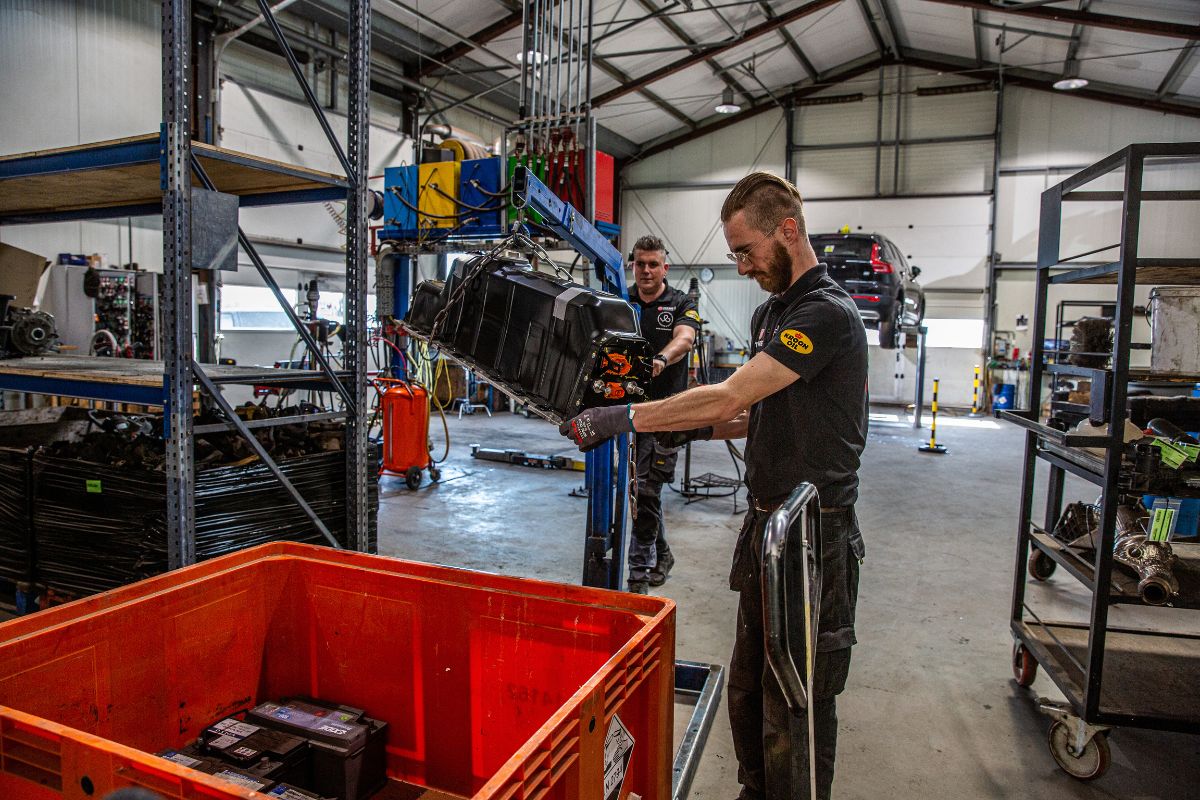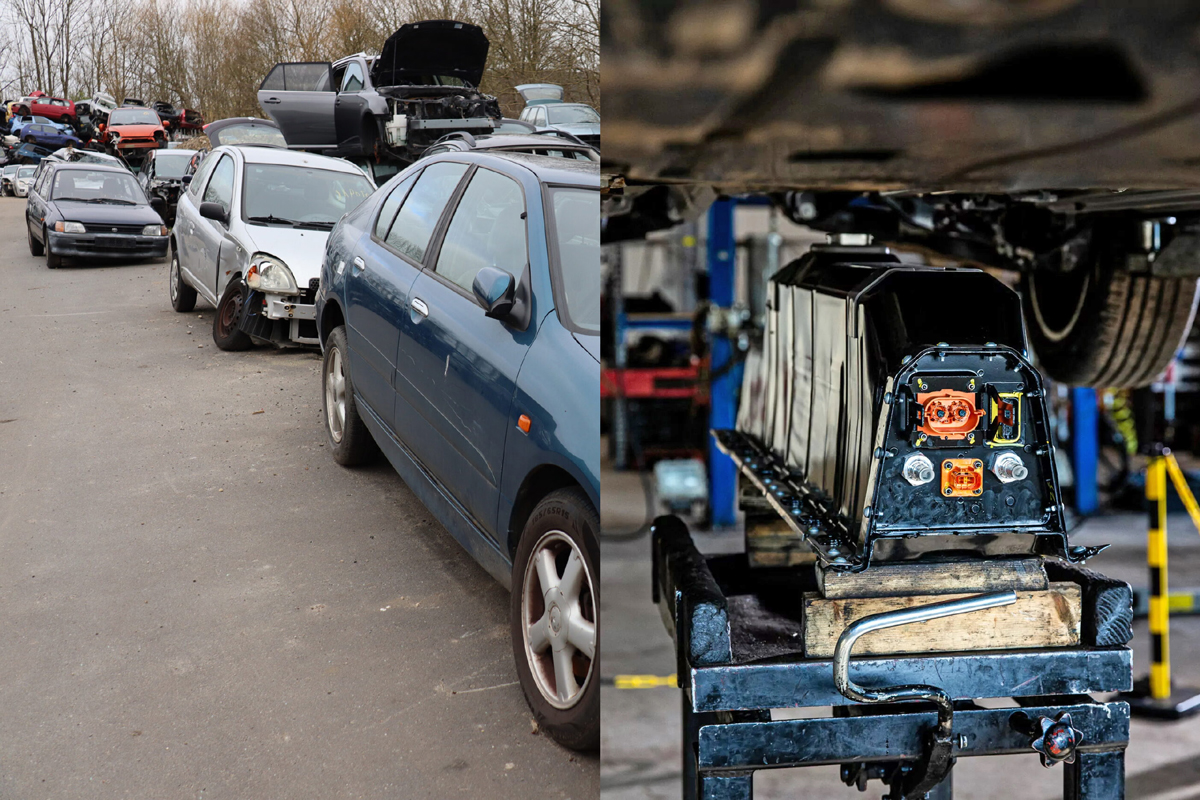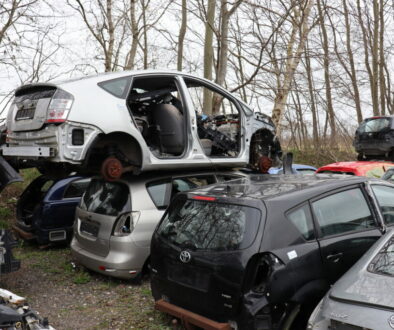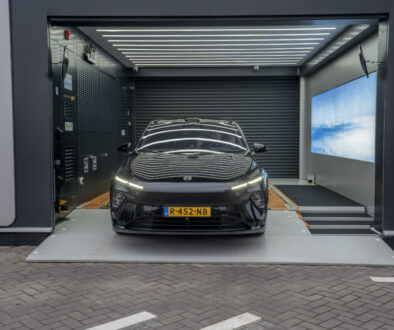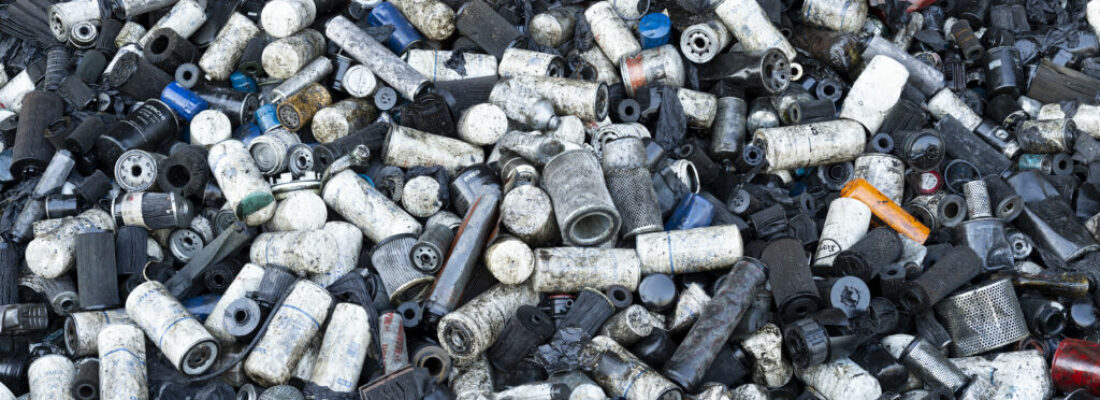
Oilco collects and recylces oil filters, oil-containing waste and waste oil, among other things. Poets: “Because of my experience in the administration of recycling plants, I was asked to combine these two roles. As a plant manager, I am responsible for the main operational aspects such as Health and Safety, Environment, Human Resource, Maintenance and on-site Operations.”
Oilco is an important chain partner of ARN. They ensure that the oil filters, a legally required material to be dismantled from end-of-life vehicles, are recycled
Recycling of waste oils and fuel mixtures
Oilco has a long track record when it comes to picking up, transporting and recycling waste oils and fuel mixtures. The company is located in Belgium and has both domestic and foreign clients including in the Netherlands. Oilco is an important chain partner to ARN. They ensure that oil filters are recycled, a material that is required by law to be disassembled from scrap cars. In addition, Oilco contributes to a reduced ecological footprint and use of fossil energy sources. Reuse of waste streams is one of the company’s commitments and it works with renowned partners to that effect.
We check the quality of the waste oil before further distributing it over various recycling facilities. The quality of the waste oil differs significantly
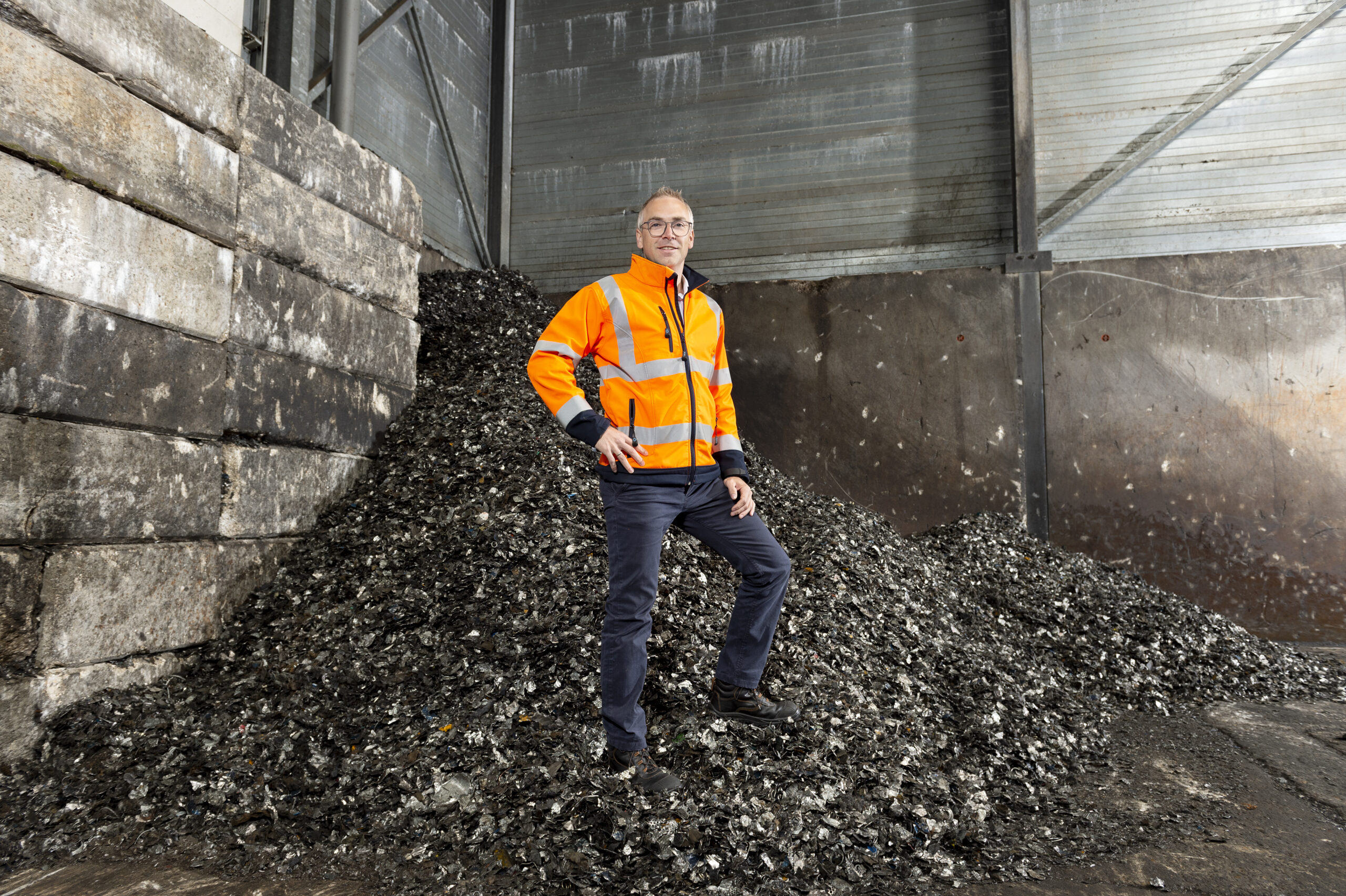
Collection of oil filters
The Oilco branch in Houthalen accepts and processes car filters, among other things. These car filters are selectively collected from car dismantling companies in countries such as Belgium, the Netherlands and France, and transported to Houthalen. They receive such a transport from the Netherlands several times a year. “We are the only ones in Belgium to offer high-grade recycling of oil filters. Other players will simply dump them in the incinerator.”
In addition to oil filters, Oilco’s branch in Houthalen also accepts oil-containing waste and waste oil. Oil-containing waste is temporarily stored and deployed further down the chain as replacement fuel. Various types of waste oil are collected and transported to the second Oilco branch in Wallonia. “That is where we inspect the quality of the waste oil before distributing it to various recycling facilities. Our lab analyses clearly show that significant variations exist in the quality of waste oil.”
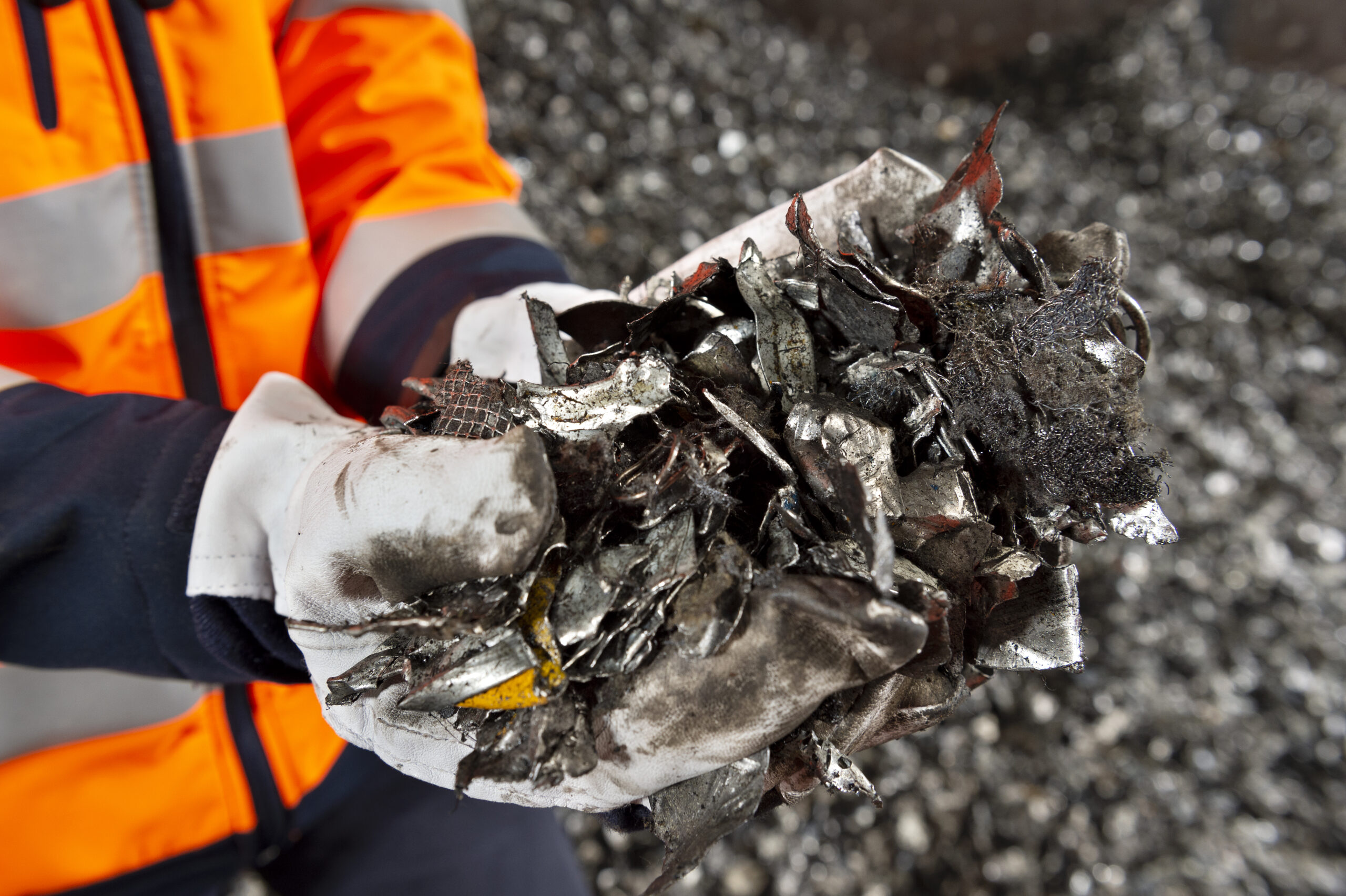
Oil filter processing
ARN is in particularly close contact with Oilco regarding the sale and processing of the collected oil filters. Oil filters are built into cars for the purification of lubricant and hydraulic oils. As the oil is being used, it is contaminated by soot, metal particles and dust. The oil filter purifies the oil of these floating particles. After some time however, the filter is saturated and needs to be replaced. Oil filters mostly contain metal, paper, oil and plastic. The metals from oil filters are recycled and the oil and residual fractions (including oil-containing paper and a limited quantity of plastic) are deployed as replacement fuel in a thermal application. “The high caloric value of the residual fraction offers an excellent alternative (edit: in terms of sustainability) to the use of regular fossil fuels for certain industrial activities”, says Poets.
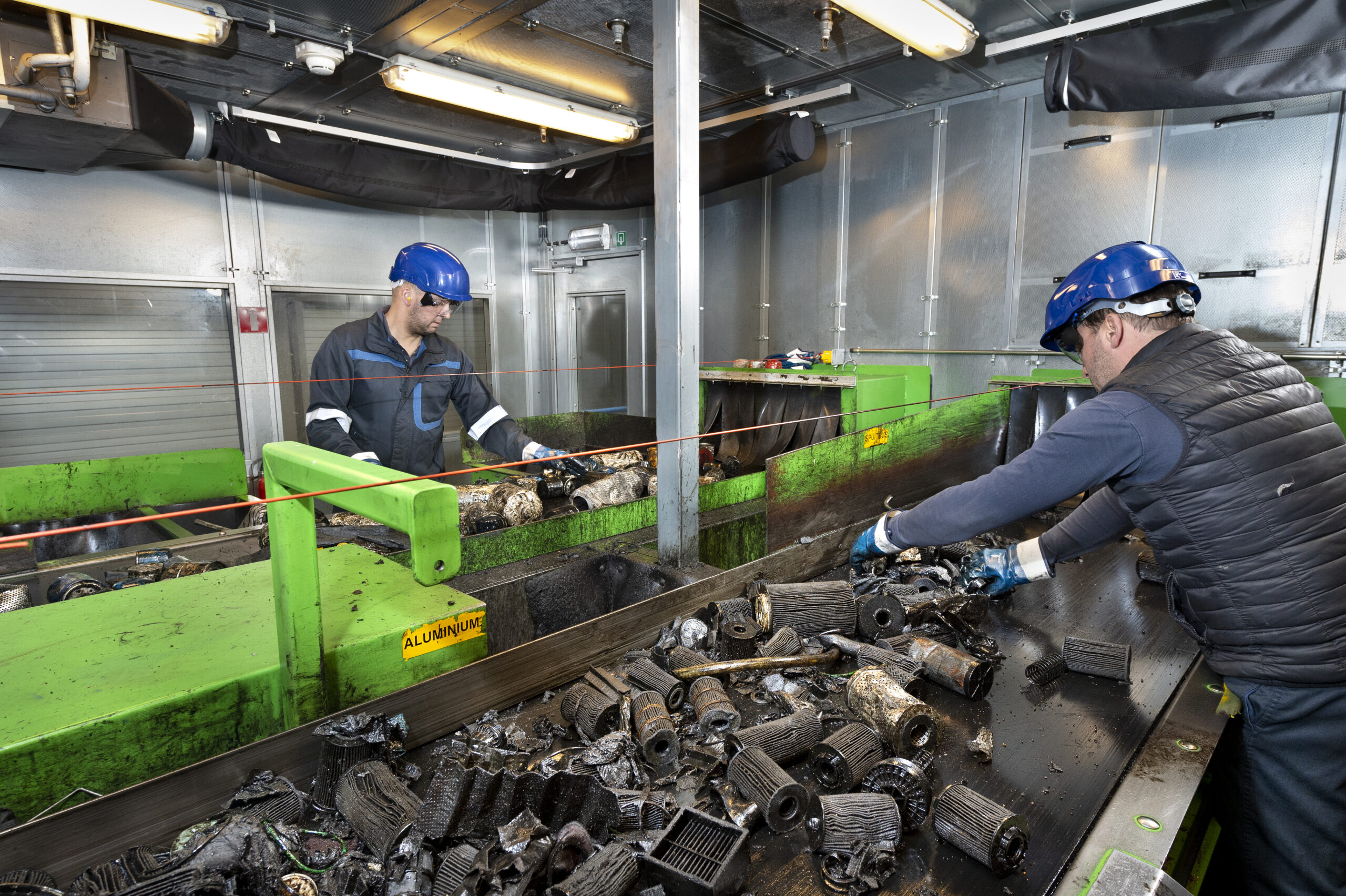
Recycling performance
In 2021, the company received 32 tonnes of oil filters from ARN, 62 percent of which was recycled while 38 percent was put to use in a thermal application. “One reason why we were able to achieve a high recycling percentage, is that ARN supplies pure fractions of oil filters.” Poets does not expect this performance to improve much further. “Of course, you could work on the residual fraction, but the investments it would take to catch minimal quantities of residual ferrous or non-ferrous materials seem to be too high at the moment.”
What the future looks like? “The number of oil filters offered for recycling may drop in the future due to the electrification of vehicles. That trend will be gradual. The potential future loss of operating profit could be countered with new activities on site, linked to the circular economy. Since there is still room and space, Oilco is open to organising additional activities in the future.”
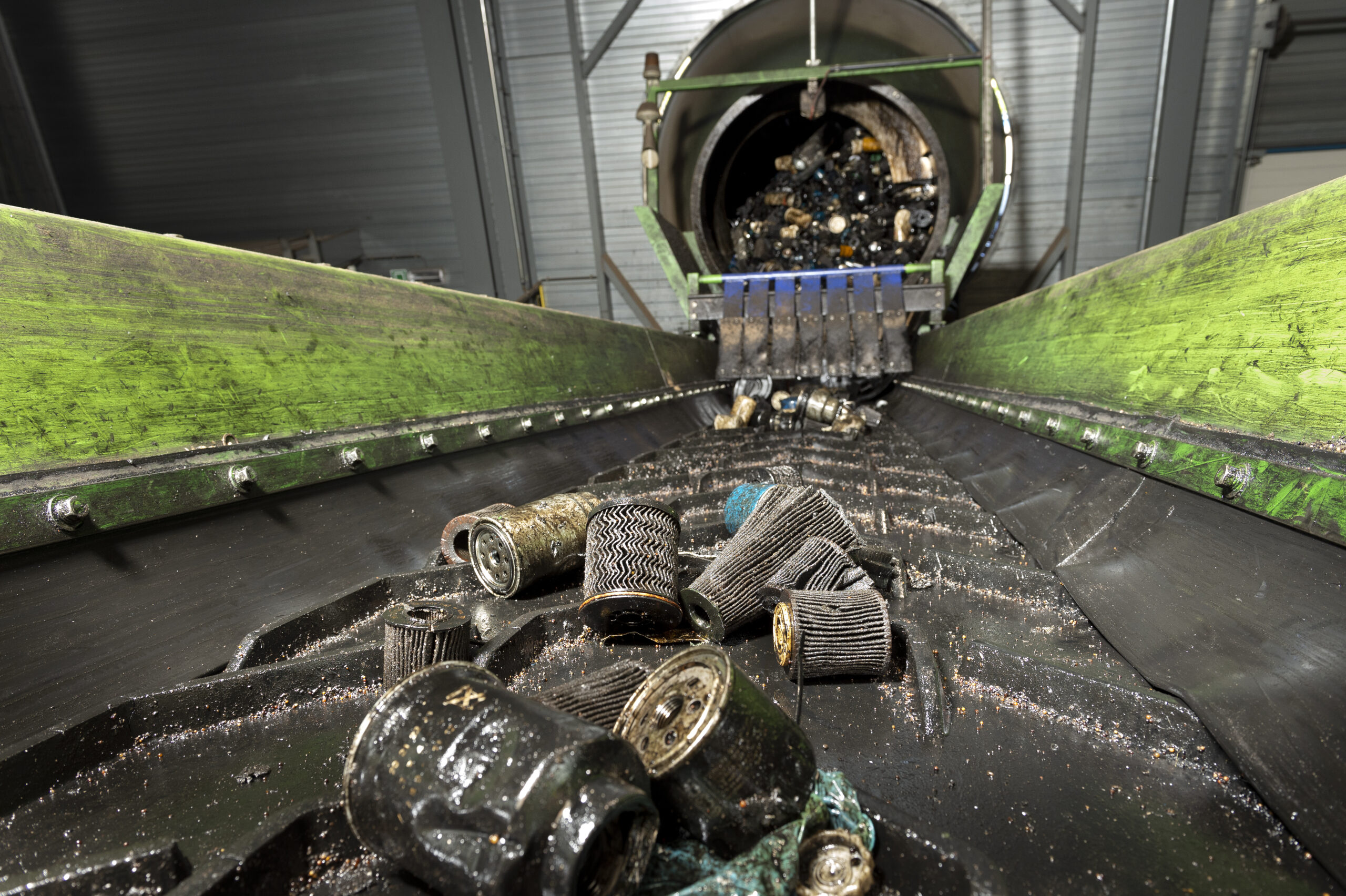
Battery recycling plant
Veolia, the company where Michel Poets works as a performance and asset manager in the Energy-from-Waste domain, is closely involved in the construction of a recycling plant for electric cars. The plant in the United Kingdom is set to recycle around 20 percent of disposed electric vehicle batteries into new batteries by 2024. The production of electric vehicle batteries requires rare metals such as cobalt, nickel and lithium. In addition, producing batteries takes a lot of electricity. Simply because many European countries want to transition their fleets to electric vehicles, the demand for batteries is growing explosively. That is why Veolia focuses entirely on reclaiming rare metals from scrap batteries. If all goes according to plan, the plant will be recycling around 1,000 tonnes of batteries in 2024. This number is set to grow to 350,000 tonnes annually by 2040. The recycling plant will discharge and dismantle batteries and complete the recycling processes for mechanical and chemical separation. Veolia signed a partnership with French car manufacturer Renault in March. Via a consortium with the Belgian chemicals company Solvay, the companies want to process sustainable, recycled materials into electric cars.
Deel dit bericht op je kanalen
Newsletter
